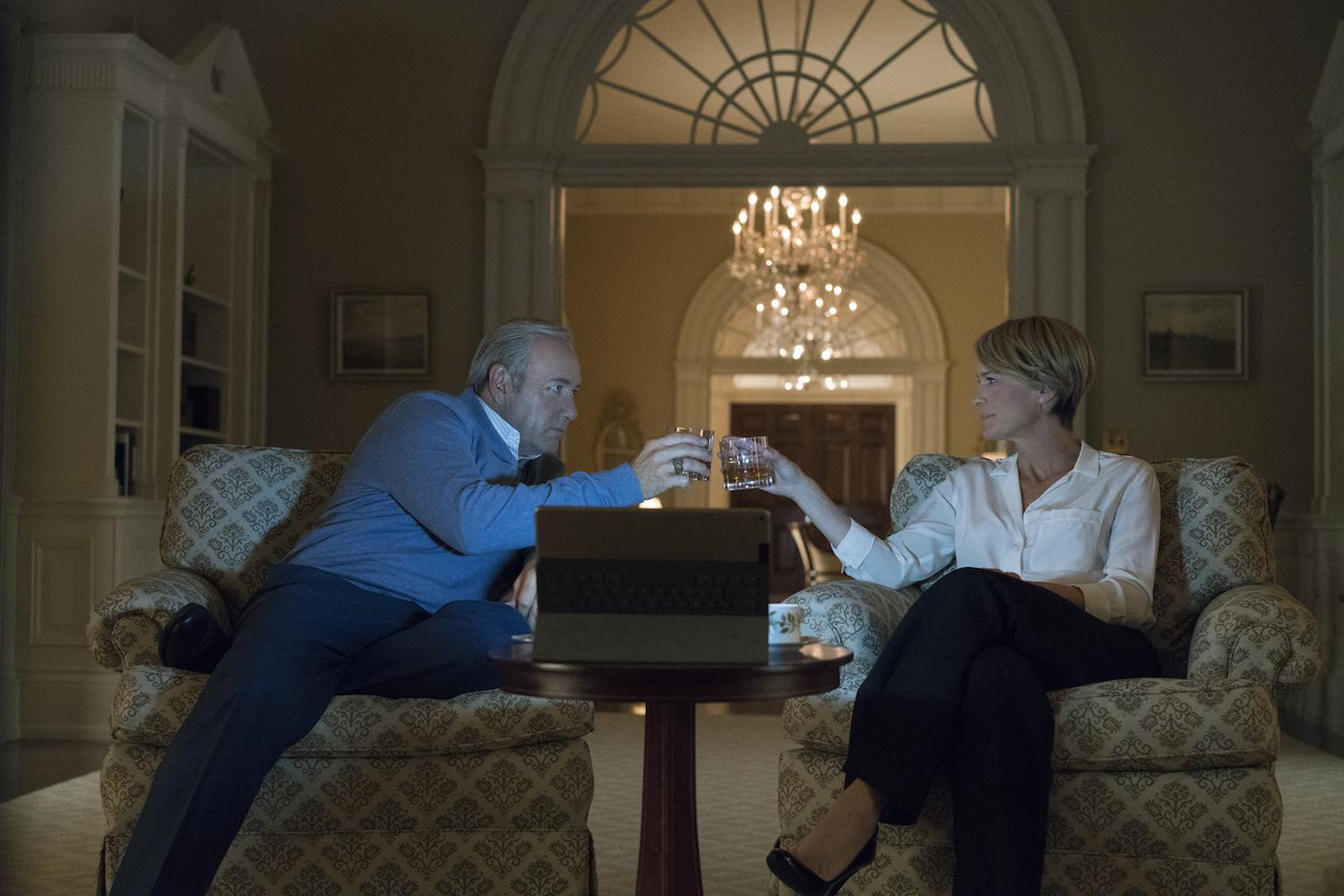Ofcom find millions of Britons skipping sleep to binge-watch TV shows
With 16 - 24 year olds being the most heavily effected

Your support helps us to tell the story
From reproductive rights to climate change to Big Tech, The Independent is on the ground when the story is developing. Whether it's investigating the financials of Elon Musk's pro-Trump PAC or producing our latest documentary, 'The A Word', which shines a light on the American women fighting for reproductive rights, we know how important it is to parse out the facts from the messaging.
At such a critical moment in US history, we need reporters on the ground. Your donation allows us to keep sending journalists to speak to both sides of the story.
The Independent is trusted by Americans across the entire political spectrum. And unlike many other quality news outlets, we choose not to lock Americans out of our reporting and analysis with paywalls. We believe quality journalism should be available to everyone, paid for by those who can afford it.
Your support makes all the difference.When Netflix began streaming content online, no-one quite realised how huge the service’s impact on the TV industry would be.
One of the major steps towards world-domination was the creation of original content, their first show being House of Cards, which debuted in 2013. Now, Netflix boasts upwards of 100 million subscribers worldwide.
However, thanks to the phenomenon, binge-watching has become a very normal viewing habit, mainly thanks to their model of releasing entire seasons at once.
Ofcom has since released data revealing that around 10 million Britons have skipped sleep, or made themselves tired, because of binge-watching.
As noted by the BBC, more than half of adults (55%) watch back-to-back episodes of the same television show at least once a month, a third of whom admitted to losing sleep as a result.
The results are more extreme with viewers aged between 16-24, rising to 82% for the same category, one in 10 admitting they ‘binge’ daily. From this age group, 47% said they have taken steps to cut back on binging.
The most popular on-demand service for Britons is iPlayer, used by 63% of adults, followed by ITV Hub (40%), YouTube (38%) and Netflix (31%).
Live broadcast television continues to flourish, 91% of people still watching ‘traditional’ television; the viewing time, however, has decreased 14% on average since 2010.
Over-64s bucked the trend, OAPs watching an average of 5 hours 44 minutes per day, up 50 minutes from 2006. On the other hand, 16-24s watched just 1 hour 54 minutes, down 41 minutes since 2006.

Watch Apple TV+ free for 7 days
New subscribers only. £8.99/mo. after free trial. Plan auto-renews until cancelled

Watch Apple TV+ free for 7 days
New subscribers only. £8.99/mo. after free trial. Plan auto-renews until cancelled
Ofcom labelled the discovery as “box set Britain” — whether anyone actually uses the term “box set” when referring to streaming apart from the BBC and Ofcom remains debatable, but we appreciate the need for a catchy, alliterative term.
"Technology has revolutionised the way we watch TV,” Lindsey Fussell of the media watchdog said. “The days of waiting a week for the next episode are largely gone, with people finding it hard to resist watching multiple episodes around the house or on the move.
"But live television still has a special draw, and the power to bring the whole family together in a common experience."
Join our commenting forum
Join thought-provoking conversations, follow other Independent readers and see their replies
Comments